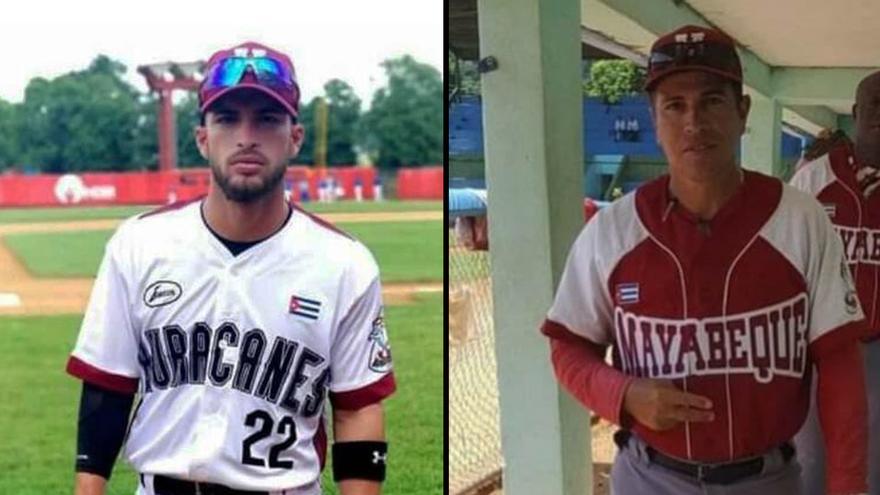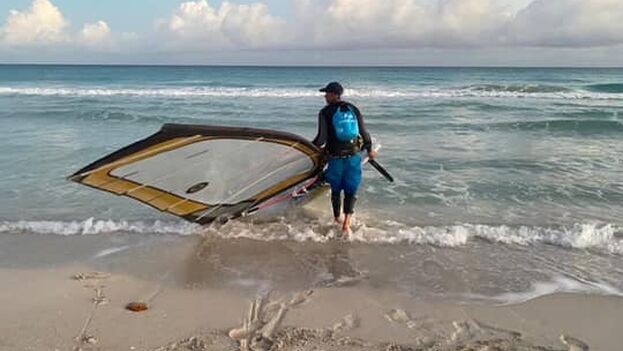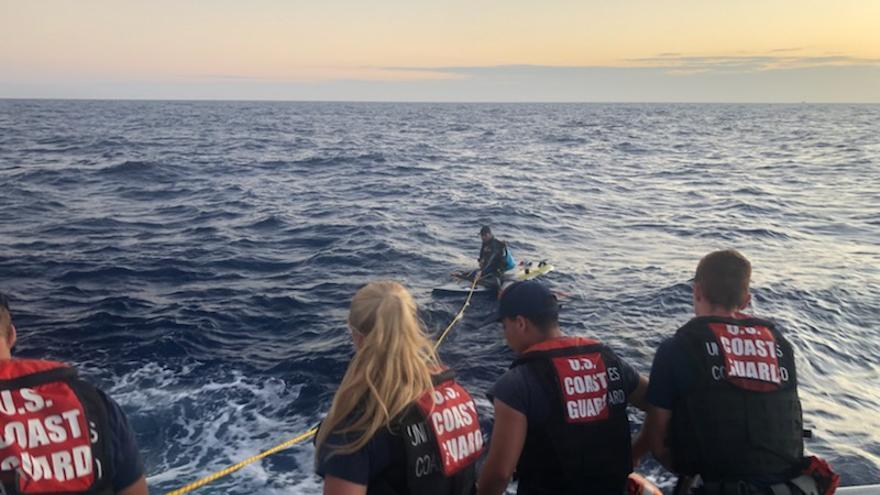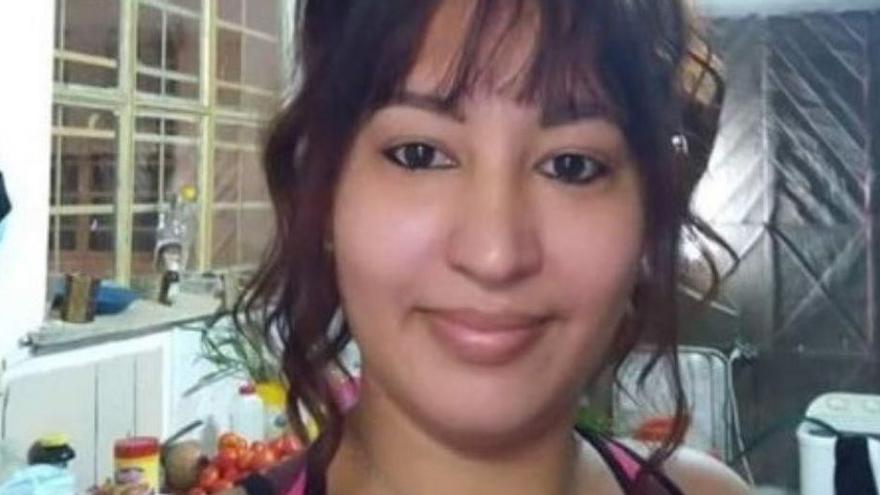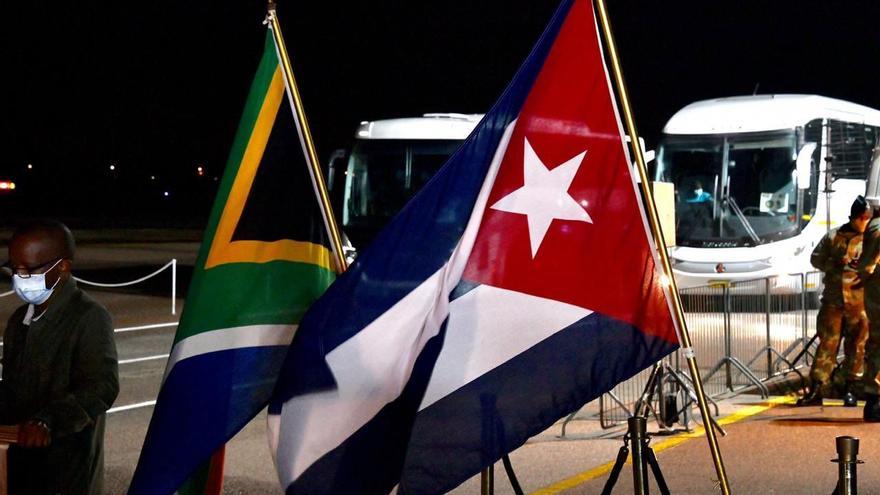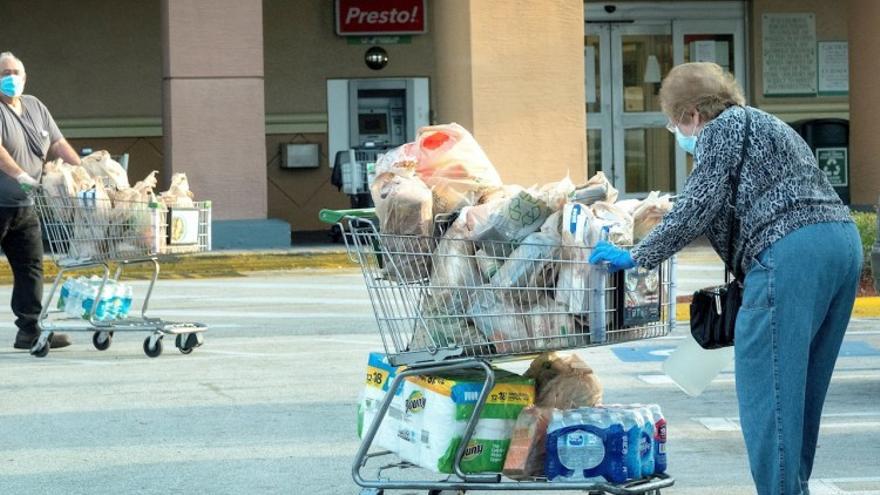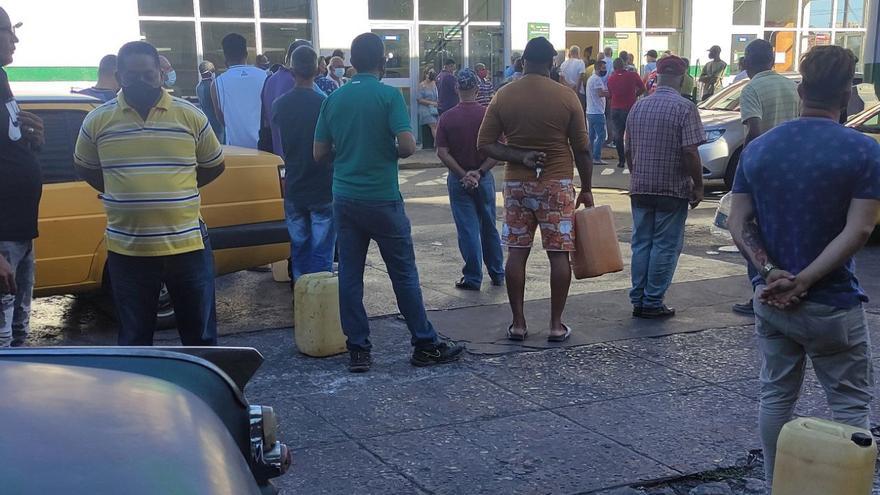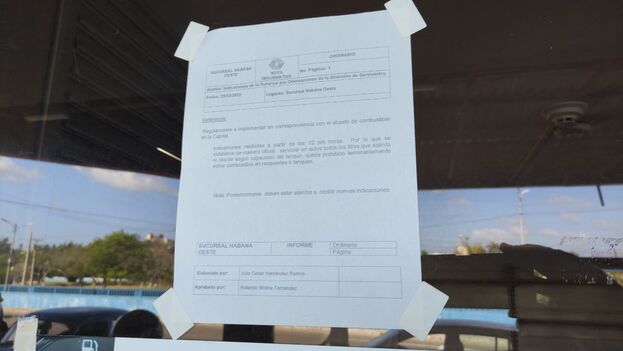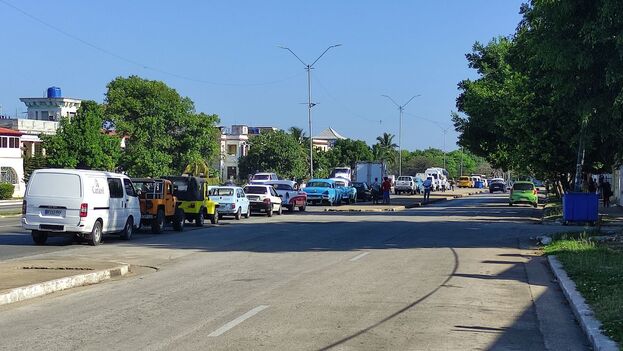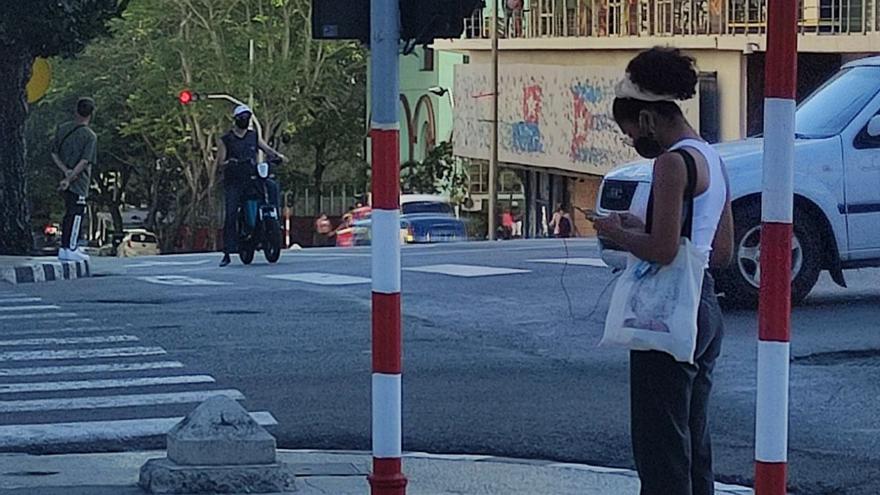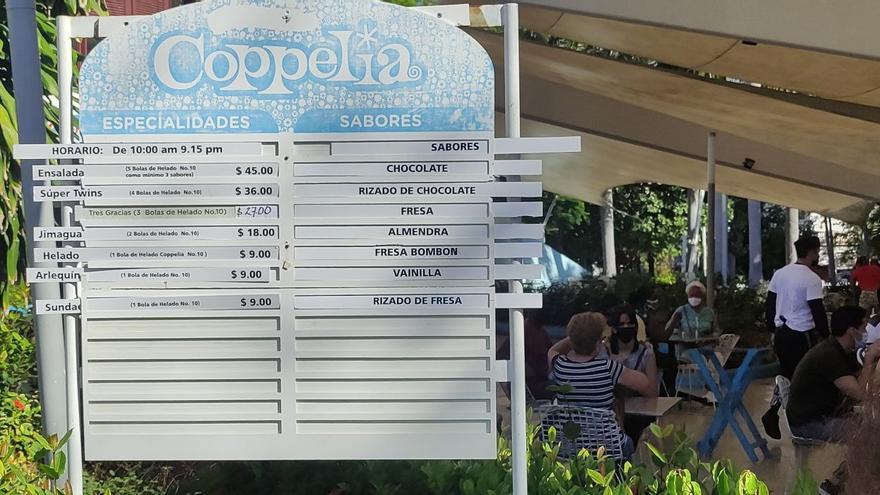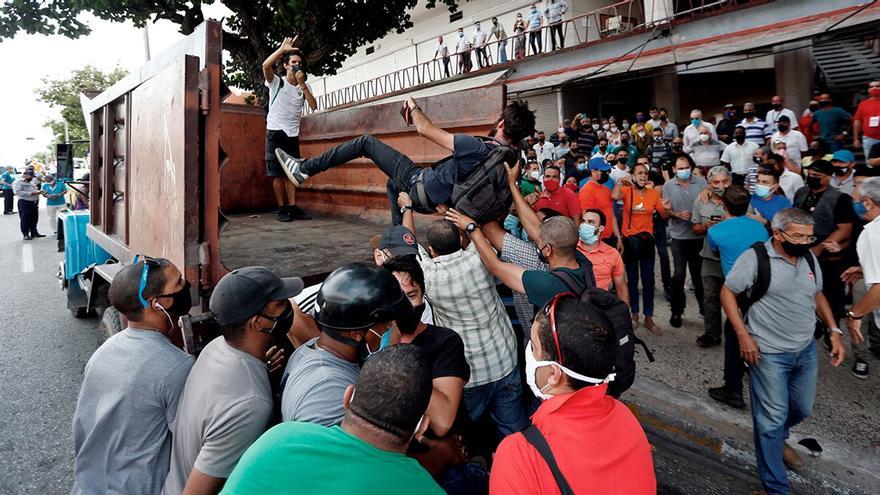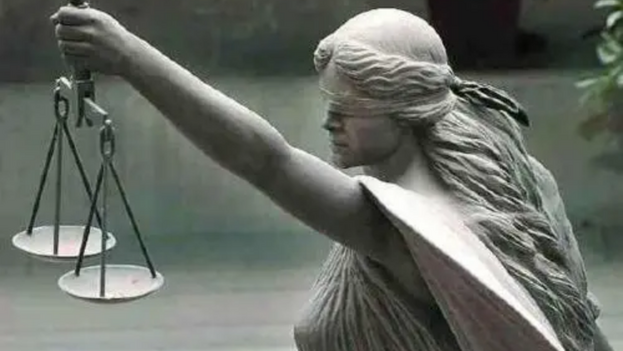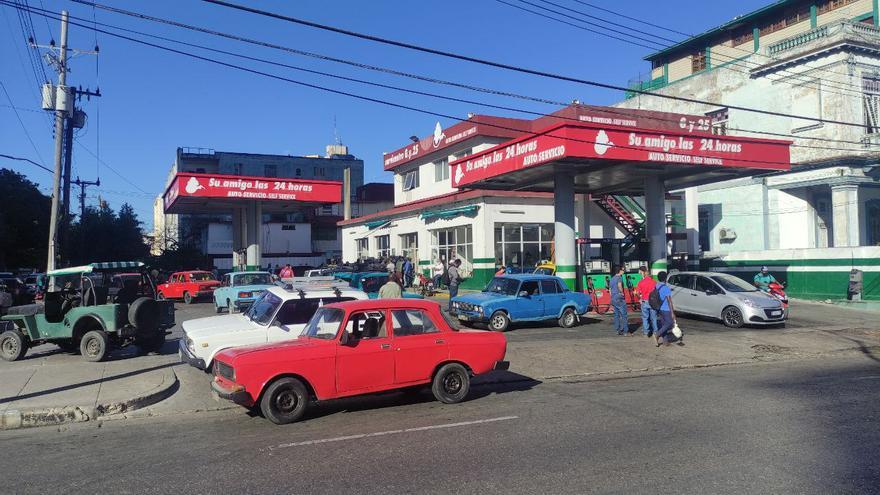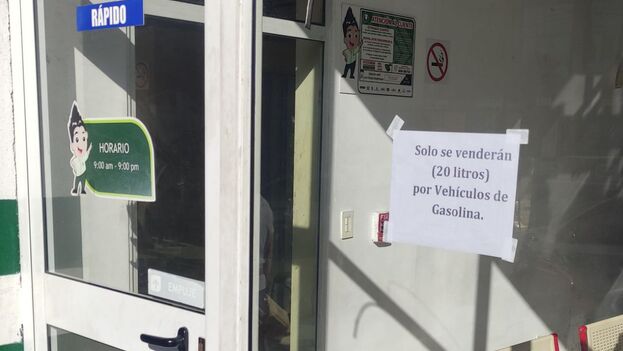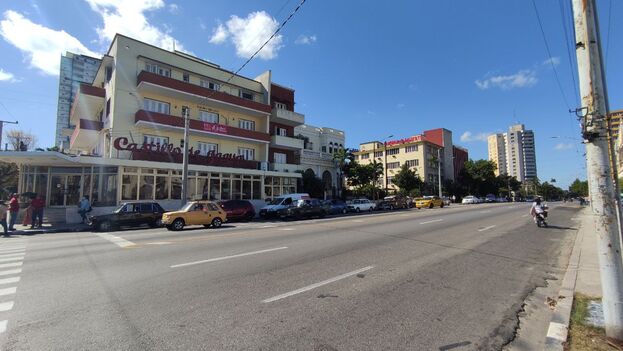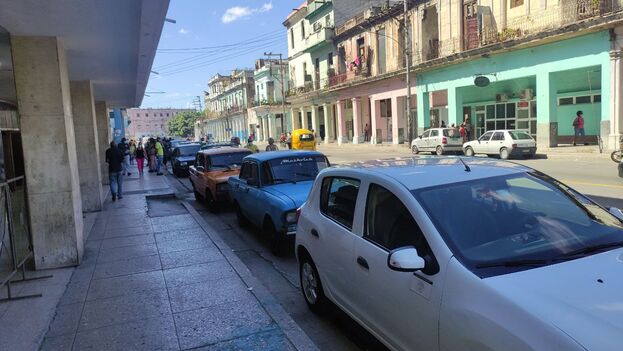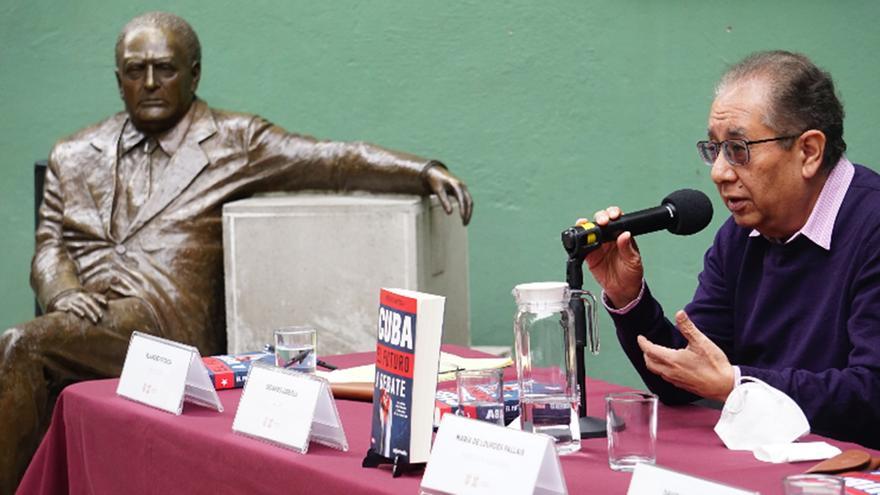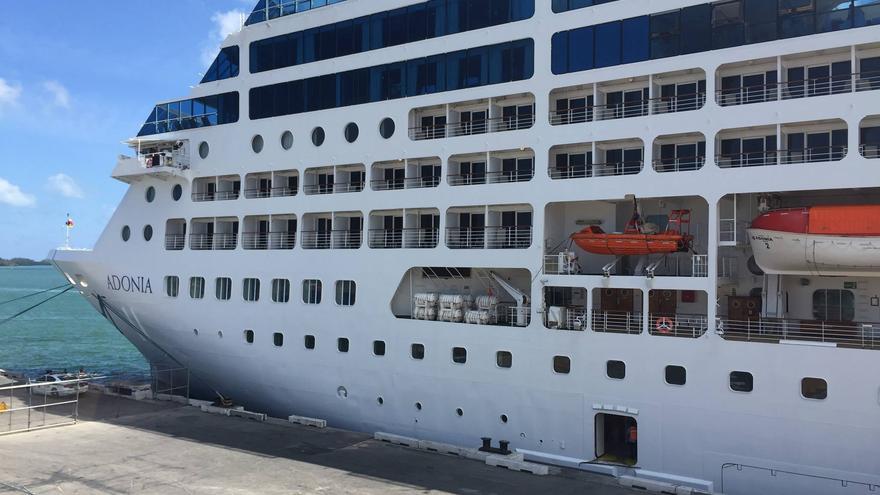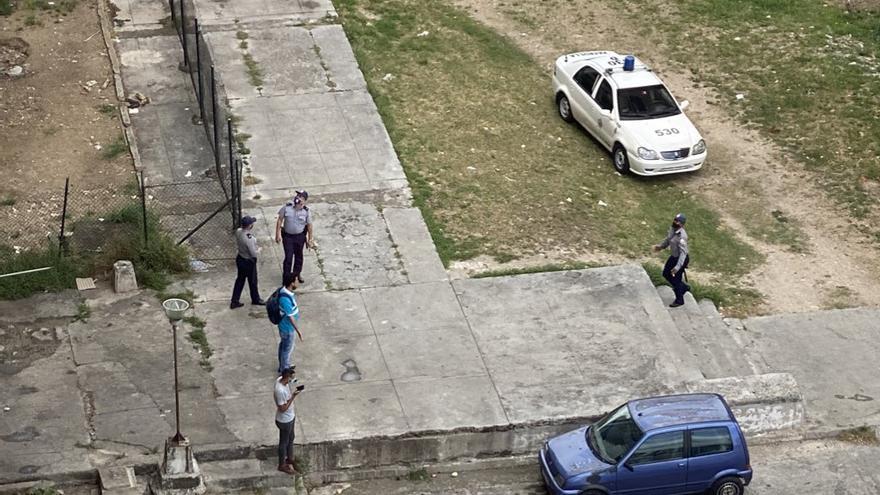
![]() 14ymedio, Havana, 25 March 2022 — This Friday, several activists and independent journalists in Cuba have a strong police guard around their home.
14ymedio, Havana, 25 March 2022 — This Friday, several activists and independent journalists in Cuba have a strong police guard around their home.
The 14ymedio reporter Luz Escobar denounced that there is an officer dressed in civilian clothes in the lobby of her building accompanied by a uniformed woman from the Ministry of the Interior, a police officer on the 5th floor and three others on the ground floor of the building, standing next to a patrol car. They were greeted by about four agents not wearing the uniform of State Security.
“What’s going on?” the journalist asked in her networks, counting about four police cars outside her home. She would obtain an explanation hours later from a neighbor, who complained about being singled out for attacking the patrol that the reporter has on a daily basis on the ground floor of her house. “That is why that immense operation with officers that I denounced on my networks arrived,” Escobar added.
“Right now, we are prisoners in the house, all of us, two children, an elderly woman, until when, that is called abuse,” lamented Maray Picallo on her Facebook wall, explaining: “They say that, from my apartment, a bottle and two eggs fell from above on the patrol car that was under the building, they would not let me go out to take my 8-year-old son’s lunch to him at school, we are detained, I had to go crying, and then an officer took me as if I were a criminal to the school to pick up the boy.” continue reading
The woman said that four officers assured her that they saw the bottle fall. “How is it possible!” she cried. “As they are not going to let us leave the house, I go as far as I have to go, my father-in-law has high blood pressure because of them, and two police officers stand in front of my husband’s workplace making inquiries.”
In addition to Escobar, also under heavy surveillance on the same day are Camila Acosta, Boris González Arenas, Lourdes Esquivel Vieyto, Lázaro Rolando Kesser Barrueto, Zaqueo Báez, Ismael Reñi and Camila Rodríguez, as reported by the latter on her Facebook wall.
From Santa Clara, Saily González replied to Rodríguez’s post: “I have been under surveillance for two weeks that is invisible to me and they ask everyone who comes to my house, when they leave here, for their ID, take pictures of them and tell them, in case they don’t know it, that I am a ’contra.’ He identifies himself as Agent Guevara. I personally haven’t seen them.”
“What’s going on?” asked the journalist on her networks, counting about four police cars outside the ground floor of her home. (14ymedio)
“There are no apparent pretexts for this repressive action. We must be alert to any escalation,” protested Manuel Cuesta Morúa when reporting the police harassment of González Arenas, spokesperson for the Democratic Action Unity Table and a member of @CubaTransition.
The operations around the houses have also coincided with the interruption of the web browsing service, which several reporters and activists have denounced. As of this Thursday, the Internet connection from mobile phones was affected by a presumed electrical failure, and several clients of the state telecommunications monopoly, Etecsa, complain of the service not being restored.
The problem is more widespread in some areas of Havana, such as the vicinity of the Plaza de Cuatro Caminos, where hundreds of people gathered yesterday in a long line to buy food. The crowd led to an extensive police operation due to the authorities’ fear of a popular revolt in a densely populated area of Havana.
Esto por la salida del fondo del edificio. Ahora, por la salida del frente hay dos carros del Minint y otra pareja de policías. ¿Qué está pasando? pic.twitter.com/rhFdUIZmvK
— Luz Escobar (@Luz_Cuba) March 25, 2022
____________
COLLABORATE WITH OUR WORK: The 14ymedio team is committed to practicing serious journalism that reflects Cuba’s reality in all its depth. Thank you for joining us on this long journey. We invite you to continue supporting us by becoming a member of 14ymedio now. Together we can continue transforming journalism in Cuba.

